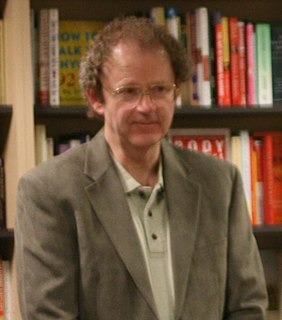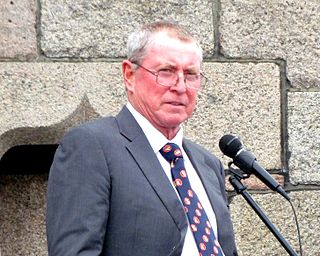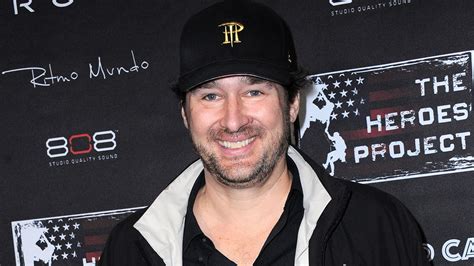A Quote by Barack Obama
Generally speaking, people who know me will tell you that my public persona is not that different from my private persona.
Related Quotes
Different presidents are different as far as their public persona vs. their persona meeting with advisers. For example, George Bush was pretty much the same in person as when he was speaking publicly. I think Donald Trump has a stage persona and he also has a temperament when meeting with his advisers. Now, the positions are the same, but the attitude is a little bit different.
A lot of people mistake the persona that I create in poetry and fiction with me. A lot of people claim to know me who don't really know me. They know the work, or they know the persona in the work, and they confuse that with me, the writer. They don't realize that the persona is also a creation and a fabrication, a composite of my friends and myself all pasted together.
When I used to teach writing, what I would tell my playwriting students is that while you're writing your plays, you're also writing the playwright. You're developing yourself as a persona, as a public persona. It's going to be partly exposed through the writing itself and partly created by all the paraphernalia that attaches itself to writing. But you aren't simply an invisible being or your own private being at work. You're kind of a public figure, as well.
There is a blueprint that young female singers seem to follow to make it, to make some noise when they first come out. And it's a hyper-sexualized persona. And the thing is that it works. And they do make noise. But the problem is if it's not authentic to you, then you're trapped in that persona. And you have to live that persona 24/7.

































